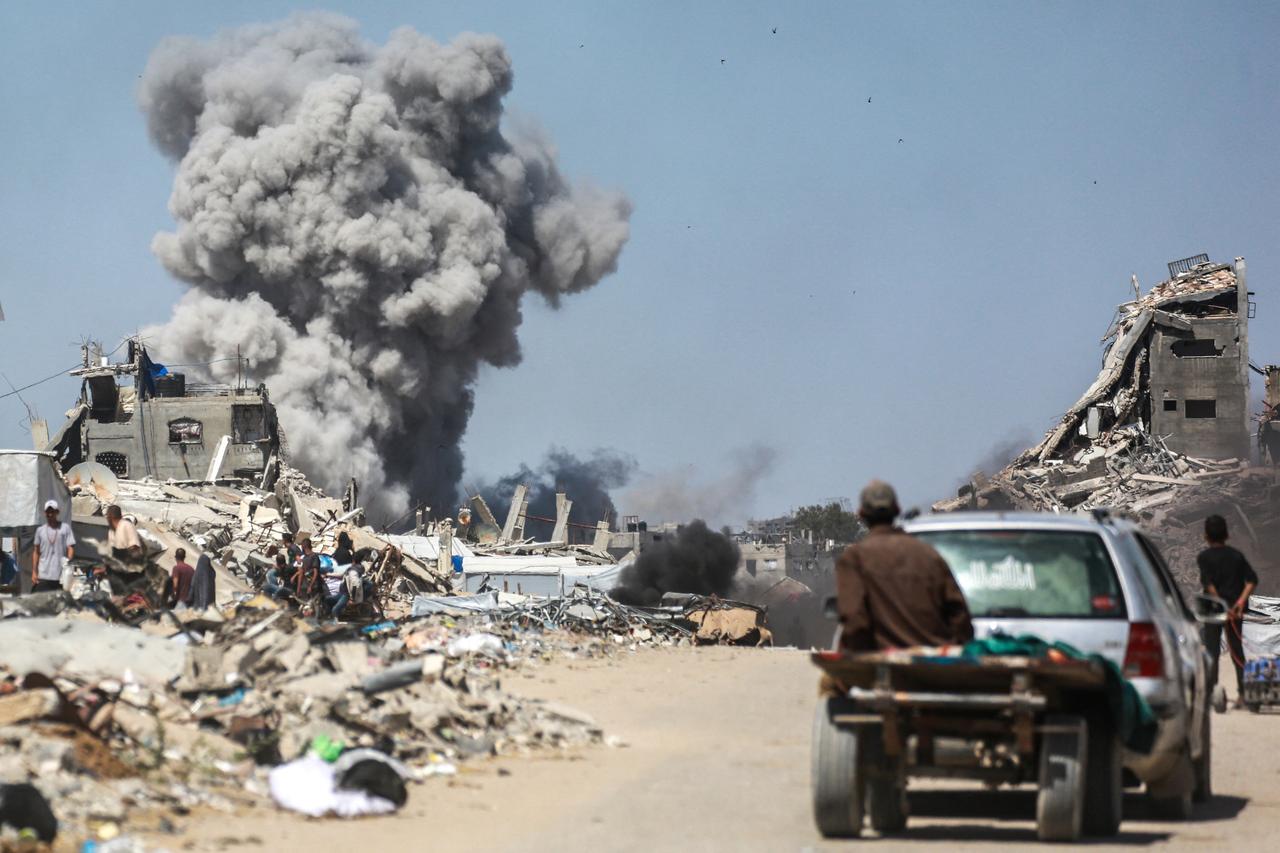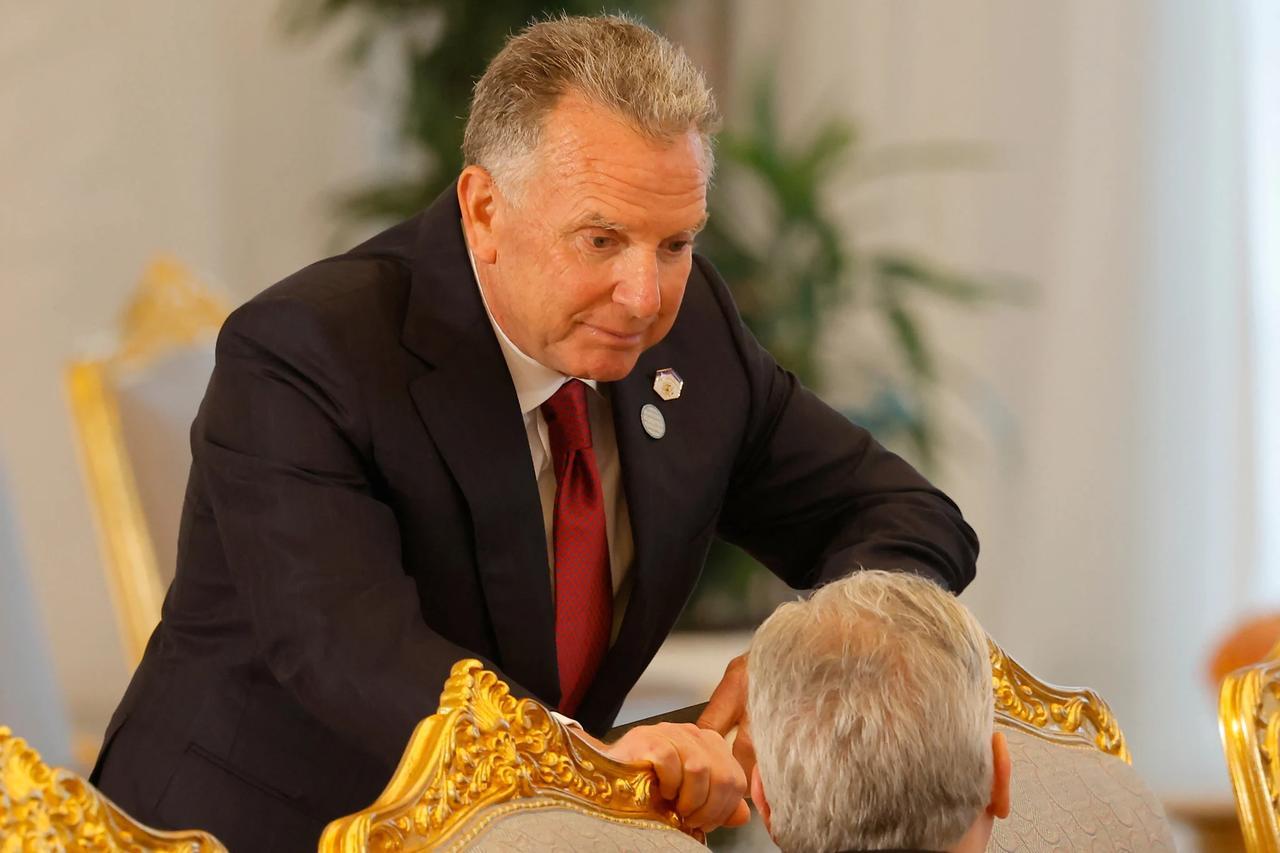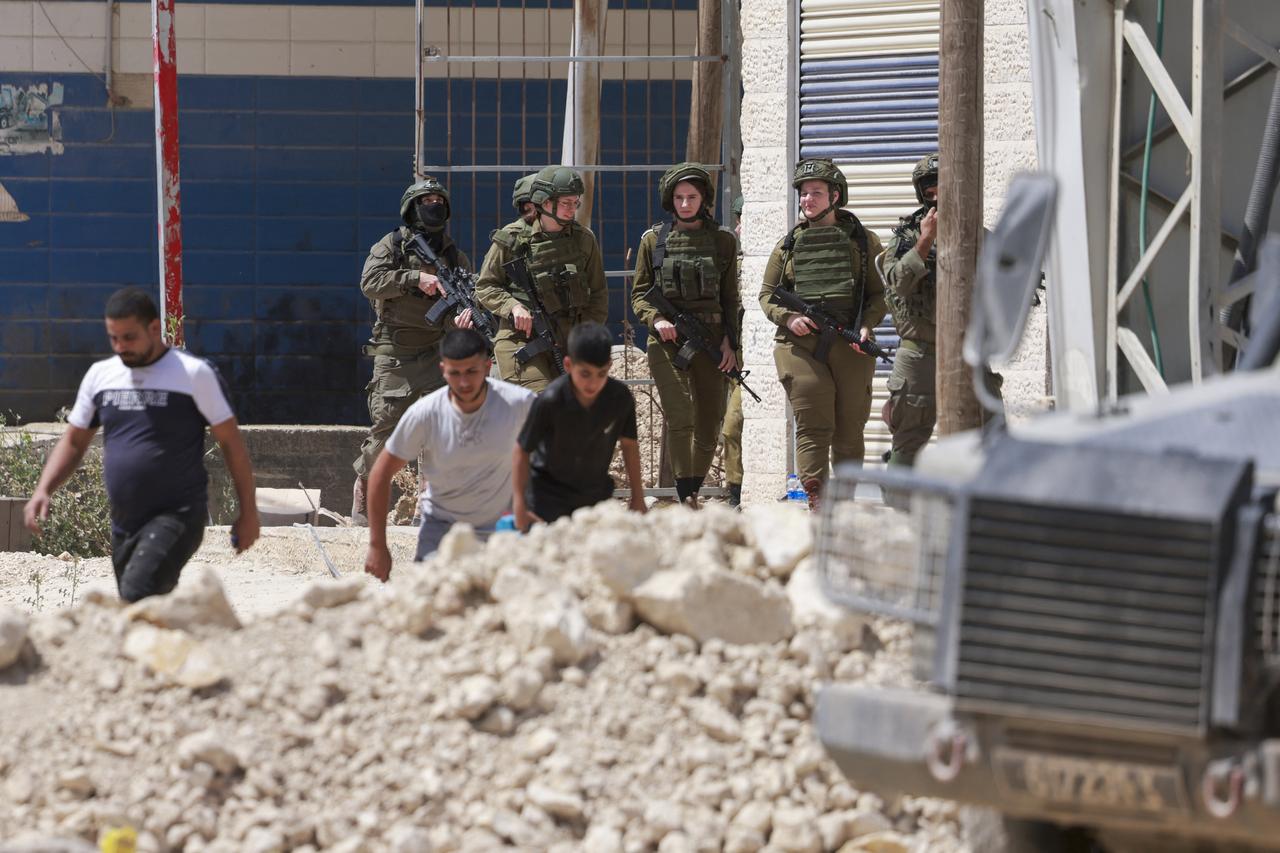
United States Middle East envoy Steve Witkoff on Monday rejected claims that Hamas had accepted his cease-fire proposal for Gaza, contradicting earlier statements from Palestinian sources, according to U.S. media outlet Axios.
Earlier in the day, a Palestinian revealed that Hamas had agreed to Witkoff’s cease-fire terms “to serve the interest of our people and halt the ongoing genocide.”
However, Witkoff dismissed the claim in comments to Axios, saying: “What I have seen from Hamas is disappointing and completely unacceptable.” His spokesman later confirmed the remarks to AFP, stating, “The Axios tweet is correct.”
“White House envoy Steve Witkoff rejects Hamas’ claim that the group has agreed to his proposal for a hostage and cease-fire deal,” Axios reporter Barak Ravid said on X.
The proposed deal includes a 45- to 60-day truce in exchange for the release of 10 living and 19 deceased hostages, as well as the release of Palestinian prisoners held by Israel. Witkoff said the proposal remains on the table, adding, “Hamas should take it,” and that he is prepared to oversee substantive negotiations toward a permanent cease-fire.

The Hamas source claimed the group agreed to a 70-day truce involving the release of 10 hostages in two batches, with negotiations on a lasting cease-fire to begin during the truce under U.S. guarantees.
Witkoff, a key figure in the negotiations that led to the previous cease-fire deal, has been involved alongside the United States, Egypt and Qatar in efforts to mediate between the sides since the war began.
The earlier truce collapsed on March 18, with Israel resuming military operations in Gaza after accusing Hamas of stalling. On March 2, Israel imposed a total blockade on humanitarian aid entering the territory, aiming to pressure Hamas into concessions. United Nations agencies have since warned of acute shortages of food, clean water, fuel and medicine, and raised alarms over an imminent famine.

Although Israel eased the blockade slightly last week, allowing limited aid deliveries to resume, humanitarian organizations say the flow of supplies remains far below what is needed to prevent further catastrophe.
The last cease-fire agreement took effect Jan. 19 and involved phased prisoner exchanges, but was abandoned by Israel in March amid disagreements over further steps.
Israel’s military offensive in Gaza, ongoing since October 2023, has killed nearly 54,000 Palestinians, most of them women and children, according to health authorities in the enclave.